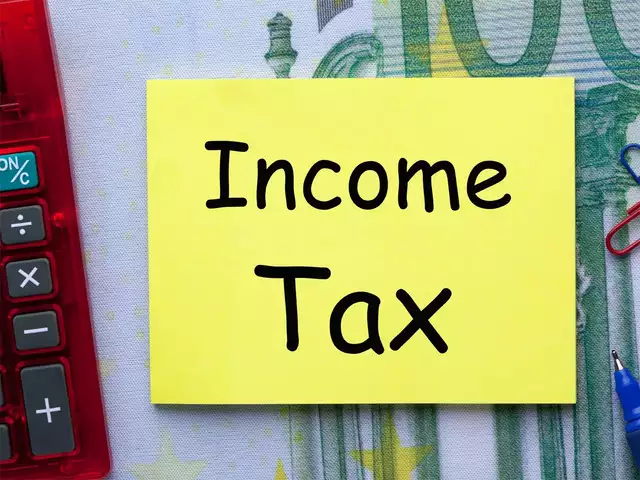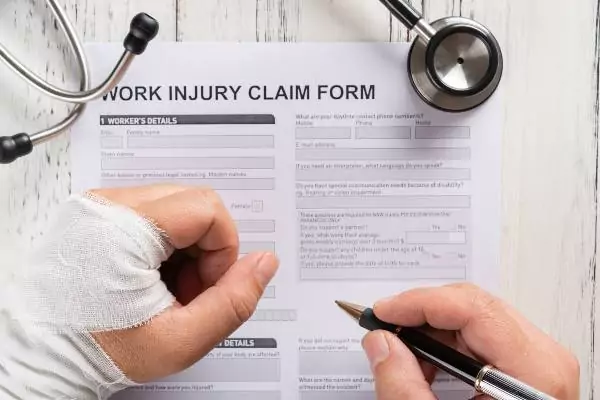If you have a criminal record from your past, you know just how much it can impact your day-to-day life – even all these years later. But could you be a good candidate for having your record expunged?
What Is Expungement?
Expungement is a court-ordered process that removes certain criminal records from public view. In many cases, this means potential employers, landlords, or anyone running a background check won’t be able to see your past conviction. However, law enforcement and some government agencies may still have access to the record, even after expungement.
It’s important to understand that expungement doesn’t mean your record is completely destroyed – it’s simply hidden from most public inquiries. In some states, the record is sealed, meaning it’s still there but can only be accessed in very specific situations, like in a future court case. In others, the record is erased entirely, as if it never existed.
What Types of Records Can Be Expunged?
Not all criminal records are eligible for expungement, and what qualifies can vary depending on your state’s laws. However, in general, the types of records that can often be expunged include:
- Minor misdemeanors: If you have a misdemeanor conviction for a non-violent offense, like petty theft or disorderly conduct, there’s a good chance it could be expunged.
- Juvenile offenses: Many states allow for the expungement of juvenile records, especially if the offense occurred when you were under 18 and you’ve demonstrated good behavior since.
- Arrests that didn’t result in a conviction: If you were arrested but not convicted, you might be able to have the arrest record expunged. This can be particularly important if a background check still shows the arrest.
- Certain non-violent felonies: In some states, non-violent felony convictions, such as drug possession or fraud, may be expunged after a certain amount of time has passed and you’ve completed your sentence.
One thing to keep in mind is that violent crimes, sexual offenses, and serious felonies like murder are generally not eligible for expungement. Each state has its own set of rules, so you’ll need to check the specific laws in your state to see if your record can be cleared.
Eligibility for Expungement
Eligibility for expungement depends on a number of factors, including the nature of your offense, how much time has passed since the conviction, and whether you’ve fulfilled all the terms of your sentence. In general, to be eligible for expungement, you’ll need to meet the following criteria:
- Completion of your sentence: You usually must have completed your sentence, including paying any fines, completing probation, or fulfilling community service requirements. You’ll also need to show that you’ve stayed out of legal trouble since your conviction.
- Clean post-conviction record: In most cases, you must demonstrate that you haven’t been involved in any other criminal activity since your original offense. As SBBL Law notes, “Staying out of trouble is the most important thing. The judge wants to see that you have changed, or that the offense to be expunged was out of character for you. It can help to show a strong work history, community involvement, family involvement, a positive attitude, and any counseling or substance abuse treatment that might be relevant.” Some states will allow expungement if you’ve had only minor infractions since your conviction, but the cleaner your record, the better.
- Time since the offense: Many states require a waiting period before you can apply for expungement. This can range from a few years to a decade, depending on the offense. The more time that has passed, the more likely the court will see you as rehabilitated.
Keep in mind that expungement is typically available only for first-time offenders. If you have multiple convictions, it may be more difficult to have your record cleared, though some states do allow expungement of multiple offenses in certain situations.
The Expungement Process
The expungement process isn’t automatic – you’ll need to take several steps to apply, and there’s no guarantee the court will grant your request. But if you meet the eligibility criteria, it’s worth pursuing. Here’s what you can expect:
- Consult an attorney: While it’s possible to apply for expungement on your own, it’s a good idea to consult a lawyer who specializes in expungement cases. They can guide you through the process, help you gather the necessary documents, and ensure you’re meeting all of the legal requirements.
- File a petition: Once you’ve confirmed that you’re eligible, you’ll need to file a formal petition for expungement with the court. This will likely involve submitting paperwork outlining the details of your case, your criminal record, and why you believe your record should be expunged.
- Court review: After filing your petition, the court will review your case. In some instances, you’ll be required to attend a hearing where the judge will ask questions about your conviction and your behavior since. The court may also consider any objections from the prosecutor or victims involved in the case.
After the hearing, the judge will make a decision on whether to grant your expungement. If approved, your criminal record will be sealed or erased, depending on your state’s laws.
Once your record is expunged, it will no longer show up in most background checks. This can greatly improve your chances of getting a job, renting an apartment, or even securing a loan. It also allows you to legally answer “no” when asked if you’ve ever been convicted of a crime in most situations.
Your Path to a Clean Slate
There’s something powerful about getting your record expunged so that you can have a clean slate to work with. However, it’s also important not to put all of your hope in an expungement. Even if the courts decide you aren’t eligible, there’s still an opportunity for healing and a fresh start. A lot depends on your own perception and view of yourself. By being willing to forgive yourself and let go of any bitterness you hold against other people, you can discover an amazing sense of freedom and begin to live a new life that isn’t underscored by feelings of guilt and regret.
Keep an eye for more latest news & updates on Internal Insider!










